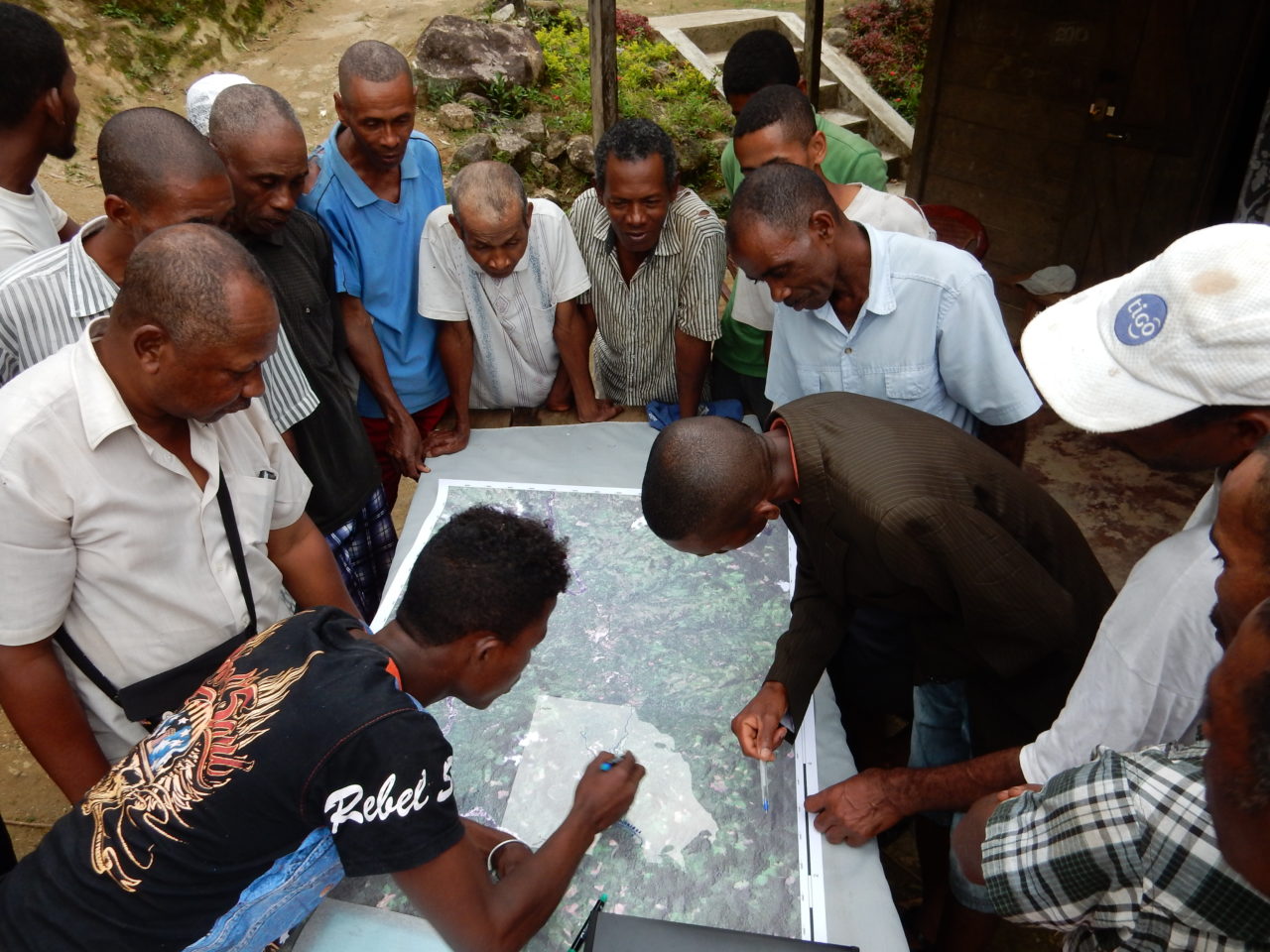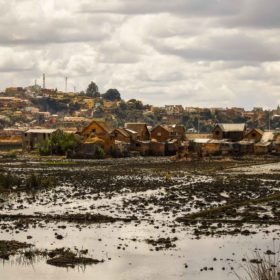
By working in a participatory manner, we aim at increasing trust, credibility, and acceptance of research results, plans, and concrete measures, but also at the self-determination of concerned actors in strategy development processes. This holds true for such processes in both foreign and domestic contexts. In foreign contexts though, the researcher might be challenged because of different codes of interaction and social backgrounds; therefore, intercultural competence is needed for collaboration. Even with the best intentions, tensions might still arise while working in foreign contexts, and thus projects require constant reflection.
The project Managing Telecoupled Landscapes aims to test, for example, if telecoupled flows of information, goods, or money and the establishment of connectivity among key actors might trigger sustainable transformations in our case study areas located in northern Laos, northeastern Madagascar, and southern Myanmar.
Work package (WP) 1 focuses on participatory mapping of past and current land-use, the assessment of ecosystem services and well-being related to land use, and social network analyses. WP2 uses this detailed land-use data for a participatory modeling exercise to provide land-use scenarios depicting possible future pathways. This constitutes – amongst other things – the foundation for WP3 that aims to facilitate and monitor learning processes within the frame of the project. In all these tasks, we want to justify using local actors’ time and explain how such data could be of use to our local partners.
However, being part of a research consortium working in these case study areas comes with great challenges: By applying a Eurocentric perspective in our research, we potentially miss local approaches to finding answers. As researchers, we are (at least partly) evaluated by the output of published scientific articles that do not target the researched community. We are also from a foreign (exogenous) context, able to afford a visit that leads to expectations from local actors that we will be able to, e.g., finance infrastructure as well.
However, our change theory is based on the hypothesis that through interactions with researchers and other stakeholders, endogenous key stakeholders can potentially change their beliefs and values in order to negotiate future development pathways. This approach is somewhat at odds with the usual recommendations expected of external (so-called) experts. However, the first step in fostering change is for researchers and collaborating partners in the case study areas to be aware of and reflect on these tensions. By taking into account the perspectives of both local actors and researchers, there could be real and productive engagement that helps the cause of the local partners. Through this process, researchers and local actors can work together at eye level – each with its given means – to ensure a sustainable transformation.
The project Managing Telecoupled Landscapes was funded by the Swiss Programme for Research on Global Issues for Development (r4d programme), started in 2015, was evaluated in 2017, and will last until 2020.
Authors: Enrico Celio, senior scientist at IRL-PLUS; Prof. Dr. Adrienne Grêt-Regamey, professor at IRL-PLUS; Peter Messerli, Professor at CDE; Flurina Schneider, PD at CDE; Manuel Fischer, Group leader at Eawag and PD at Uni Bern (IPW); Julie Zähringer, Senior scientist at CDE.
